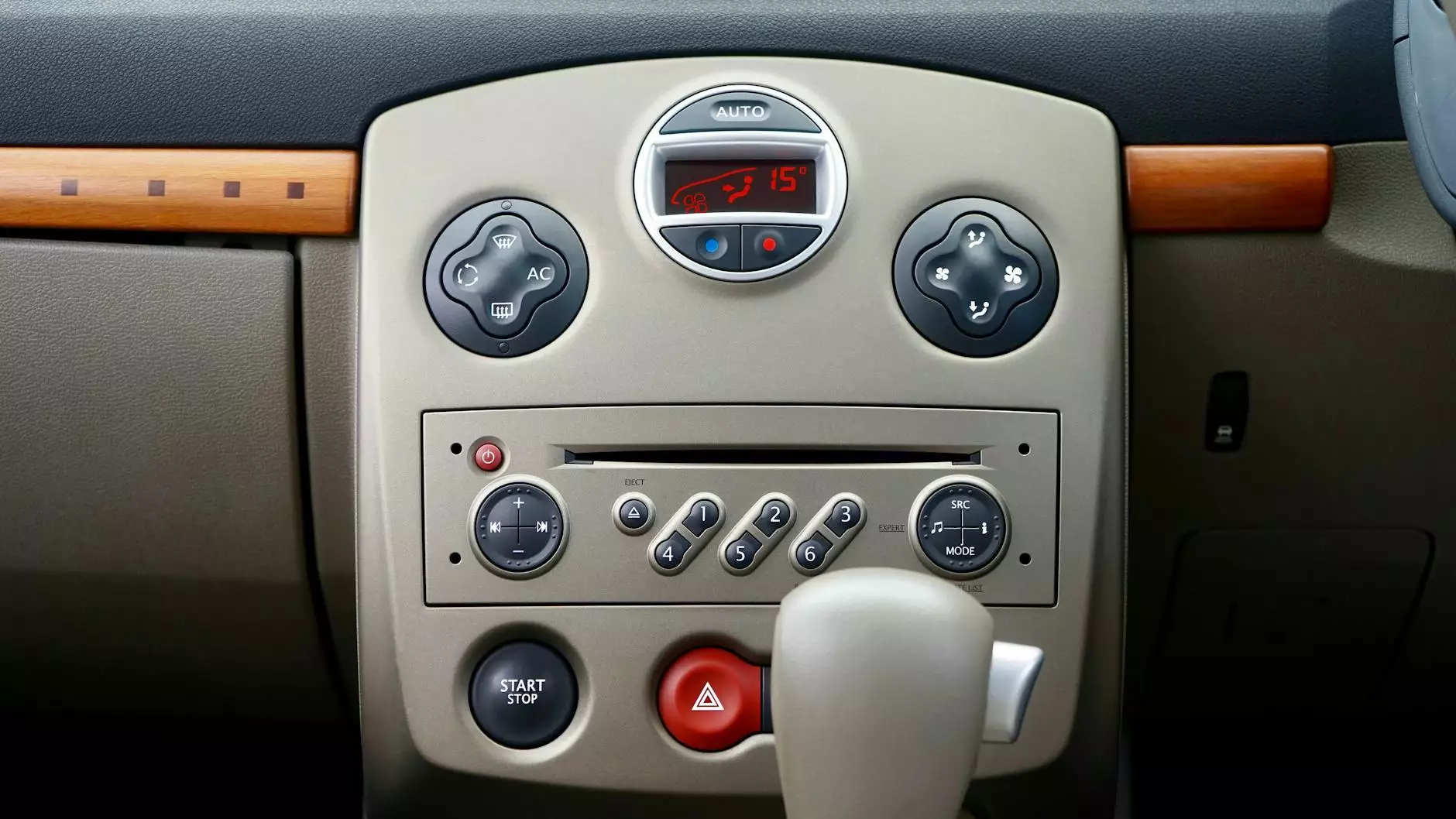The Ultimate Guide to Japanese Vehicles Parts: Quality, Selection, and Reliability

When it comes to Japanese vehicles parts, the importance of high-quality components cannot be overstated. Whether you are a car enthusiast, a mechanic, or just someone in need of reliable auto parts, understanding the landscape of parts specifically designed for Japanese vehicles is crucial. In this article, we delve into the essence of Japanese vehicles parts, their benefits, and where to find them – all while emphasizing quality and reliability at 1AutoParts.com.
1. Introduction to Japanese Vehicles Parts
Japanese automobiles are well-known for their engineering prowess, reliability, and durability. Brands such as Toyota, Honda, Nissan, Subaru, and Mazda lead the industry in producing vehicles that are not only fun to drive but also economical to maintain. However, to ensure these vehicles continue to perform at their best, high-quality Japanese vehicles parts are essential.
2. The Importance of Quality Auto Parts
Using quality parts specifically designed for Japanese vehicles can significantly impact their performance and longevity. Here are several reasons why investing in high-quality parts is critical:
- Performance Stability: Quality parts ensure your vehicle runs smoothly and efficiently.
- Increased Lifespan: Genuine or high-quality aftermarket parts can help reduce wear and tear on your vehicle.
- Cost-Effective in the Long Run: While quality parts may have a higher upfront cost, they typically save you more money over time by reducing the frequency and cost of repairs.
- Safety: Poor-quality parts can compromise the safety of your vehicle. Optimal performance depends on the integrity of the components.
3. Types of Japanese Vehicles Parts
Japanese vehicles parts range widely, catering to a vast array of needs. Here are some of the most important categories:
3.1. Engine Components
The heart of any vehicle is its engine. Ensuring the engine is equipped with high-quality parts is vital for performance. Essential engine components include:
- Pistons
- Timing belts and chains
- Gaskets and seals
- Fuel injectors
- Oil pumps
3.2. Transmission Parts
Transmission systems are intricate and require precision components. Here are crucial parts to consider:
- Clutch kits
- Transmission filters
- Gears
- Torque converters
3.3. Suspension and Steering Parts
The suspension and steering system is vital for vehicle handling and comfort. Key parts include:
- Shock absorbers
- Struts
- Control arms
- Ball joints
3.4. Brake Components
Quality brake components are essential for safety. Key parts include:
- Brake pads
- Rotors
- Calipers
- Brake lines
3.5. Electrical Parts
Modern vehicles are equipped with complex electrical systems. Important electrical components include:
- Batteries
- Alternators
- Starters
- Sensors
4. Where to Find Quality Japanese Vehicles Parts
Several sources provide high-quality Japanese vehicles parts. Knowing where to look can save you time and money. Consider the following options:
4.1. OEM Parts
Original Equipment Manufacturer (OEM) parts are produced by the vehicle's manufacturer. These parts offer reliability and compatibility but can be more expensive.
4.2. Aftermarket Parts
Aftermarket parts are produced by third-party manufacturers. While they can vary in quality, reputable companies manufacture high-quality aftermarket parts that meet or exceed original specifications.
4.3. Online Retailers
Online platforms like 1AutoParts.com offer a wide selection of Japanese vehicles parts at competitive prices. Ensure you choose a retailer that focuses on quality and customer reviews. This way, you can find genuine or top-quality aftermarket parts.
4.4. Local Auto Parts Stores
Your local auto parts store can be a good resource for finding Japanese vehicles parts. They often stock popular brands and can provide recommendations based on your specific vehicle needs.
5. Tips for Selecting the Right Japanese Vehicles Parts
Choosing the right parts for your Japanese vehicle can be challenging. Here are some tips to ensure you make the best choice:
- Know Your Vehicle's Specifications: Always check your vehicle’s owner manual for specific part details before making a purchase.
- Read Reviews: Look for customer reviews for parts you are considering to gauge quality and compatibility.
- Consult Professionals: When in doubt, consult a mechanic or parts professional for advice.
- Compare Prices: Don’t settle for the first option. Compare prices across multiple suppliers to ensure you are getting a fair deal.
6. The Future of Japanese Vehicles Parts
The automotive industry is ever-evolving, and so is the market for Japanese vehicles parts. Innovations in technology are leading to the development of more efficient, durable, and environmentally friendly parts. Here are some trends to watch:
- Electric and Hybrid Vehicles: As the shift toward electric vehicles accelerates, manufacturers are developing parts specifically designed for greater efficiency and energy conservation.
- Smart Parts: The integration of technology in vehicle parts will improve diagnostics and maintenance, leading to longer vehicle lifespans.
- Recycling and Sustainability: The focus on sustainable manufacturing practices is leading to more eco-friendly options for parts.
7. Conclusion
Investing in high-quality Japanese vehicles parts is key to ensuring the longevity and performance of your vehicle. By understanding the different components, sourcing quality parts, and staying updated on industry trends, you can enhance your driving experience. Whether you're looking for OEM options or reputable aftermarket parts, 1AutoParts.com offers a vast selection of reliable solutions tailored to meet your needs. Remember, quality matters – choose wisely and keep your Japanese vehicle running smoothly for years to come!









